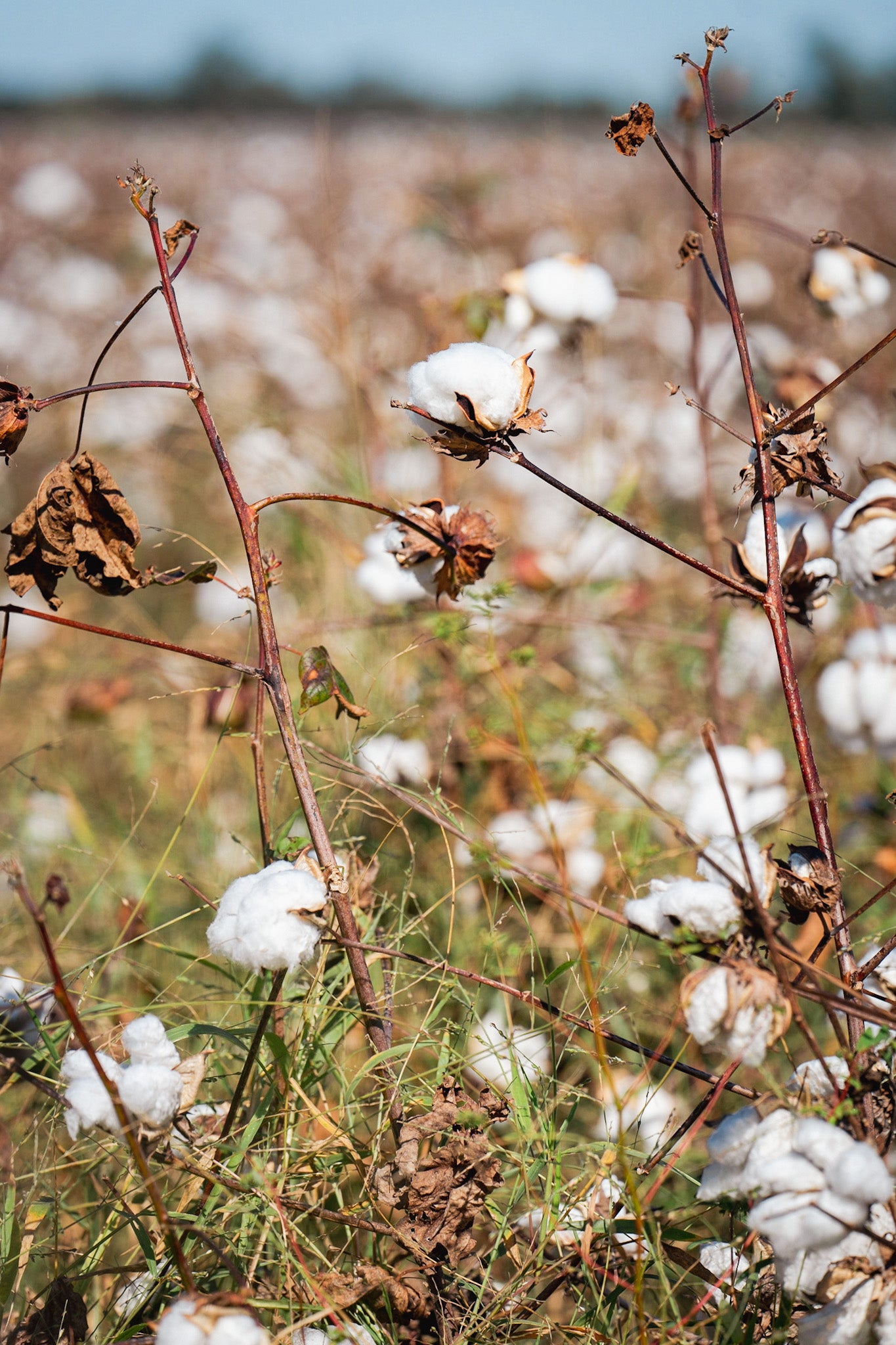Dry fall weather a blessing to some farmers, a curse to others
Published 9:50 am Wednesday, October 19, 2022

- Cotton and peanut growers have faced challenges this year due to unpredictable weather.
|
Getting your Trinity Audio player ready...
|
The late summer months and early fall saw a dramatic increase in rainfall; at the time, nine inches more than the previous year had fallen, within just a few weeks. This rainy weather was accompanied by overcast skies and a rise in humidity; that caused problems for farmers in Decatur County, with an increase in boll rot in cotton and white mold in peanuts foremost among them.
Now, within the past few weeks, the temperature has begun to drop, and farmers were graced with a much-needed, brief, dry spell. However, what has been a blessing to some farmers, is still a bit of a problem to others.
“It’s a win-lose situation,” said Clark Wiggins, Ag and Natural Resources agent at the Decatur County UGA extension office. “It depends on the farmer.” For farmers currently digging out their peanut crop, the dry weather is just what they need; farmers still trying to grow out their crop may need more rain.
Local farmer Mark Davis was fortunate enough to avoid most of the problems other farmers suffered, though this year hasn’t been entirely smooth sailing either.
“It helped us on the peanuts, but one field was too dry,” he said of the recent dry conditions; there is such a thing as too dry when it comes to digging peanuts. Fortunately, some of the recent showers in the area came at just the right time. “But that rain we had gave it enough moisture to get it up,” he continued. “Disease was probably the biggest factor, we had more tomato spotted wilt virus this year than previous years.”
This year has hardly had a consistent weather pattern for farmers to rely on. “It rained so much at one time, and now it’s so dry… and July was so hot, peanuts couldn’t grow in that heat,” Wiggins said.
“Farmers are definitely gonna lose this year,” he continued, explaining market and harvest projections. “Peanut yields are down this year. Cotton, it’s kind of hard to tell,” he said, as some fields have the majority of the bolls open, while others may only have as little as 5% open. “We’re probably 500 to 800 pounds to the acre off this year,” Davis said. “Everybody I’ve talked to has said they’re 800 lbs. to the acre off.”
“It’s been a very different, unusual year this year,” Davis surmised. Only time will tell if conditions improve for next year.





